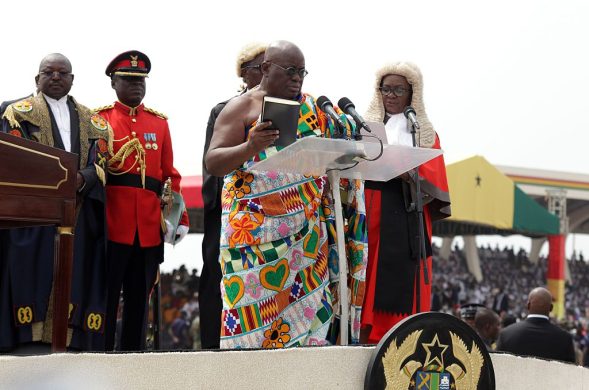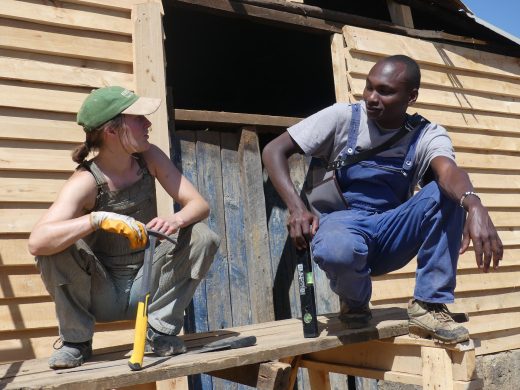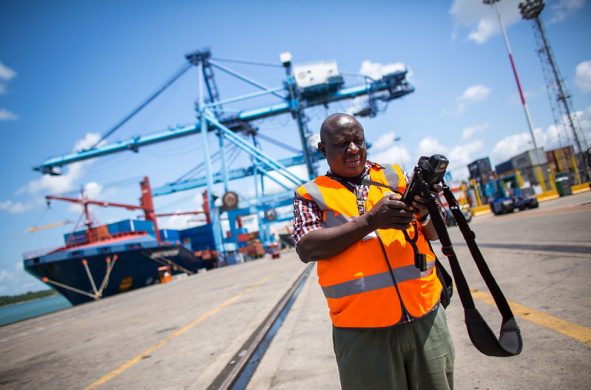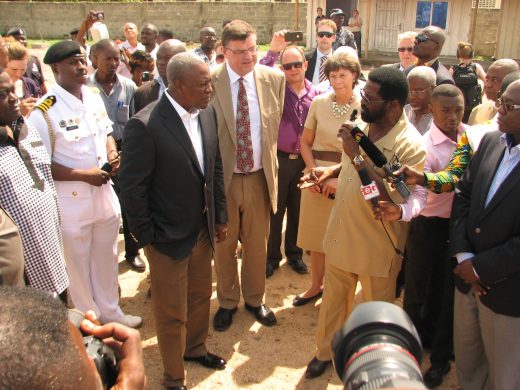Forbuddet har været længe undervejs, men nu indføres det fra 1. januar 2013 for at nedbringe el-forbruget og – ikke mindst – nedsætte skaderne på miljøet fra farlige klorgasser, som æder løs af atmosfærens livsvigtige ozon-lag
Many old fridges (køleskabe – frysere) contain chemicals called Chlorofluorocarbons (CFCs = skadelige klorgasser) which damage the Earth’s ozone layer (som beskytter livet fra farlig stråling fra rummet), red., reports BBC Online Tuesday.
Although these are already banned or being phased out, they are thought to be commonly used in Africa.
The head of Ghana’s energy commission told the BBC the ban made Ghana “a pioneer in West Africa”.
The ban was first introduced in 2008 but was extended to give dealers time to adjust. However, some Ghanaian traders have criticised the ban, saying thousands of jobs will be lost.
Energy commission head Alfred Ofosu-Ahenkora says the second-hand refrigerators are harming the country as they were not built for use in Africa and so consume too much electricity.
The commission says some two million used fridges have been imported to Ghana, mainly from the European Union.
CFCs are banned under the Montreal Protocol on Substances that Deplete the Ozone Layer.
To discourage their use, Ghana has introduced a rebate (rabat) scheme to encourage people to surrender their used refrigerators for a new one.
Not everyone can afford a new refrigerator, so the used ones are still in demand at the second hand shops that litter the streets of the capital’s suburbs.
Ghana is also a common destination for “e-waste” – used computers and televisions from the West, which often contain toxic (giftigt) material.














